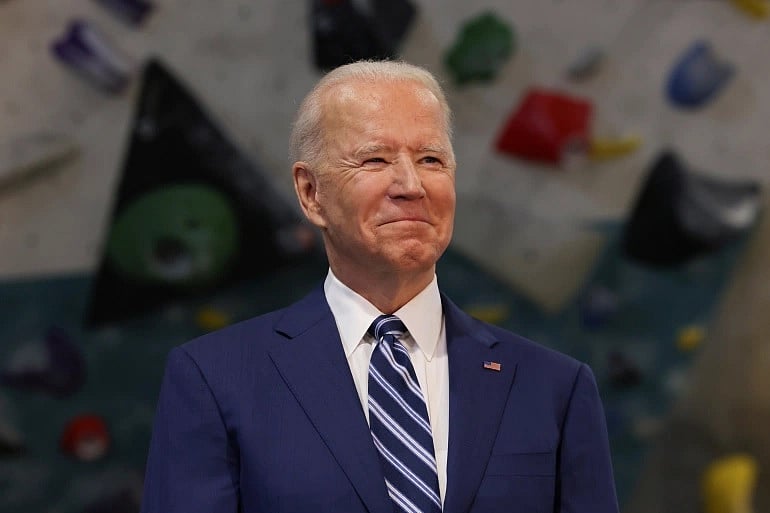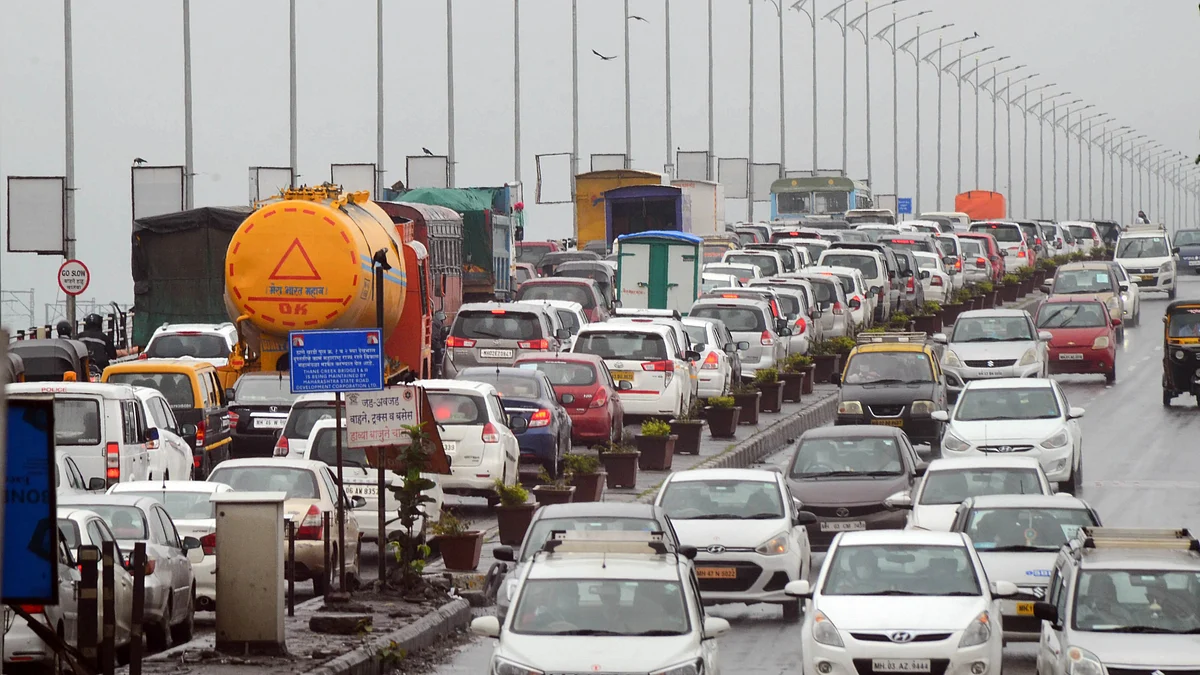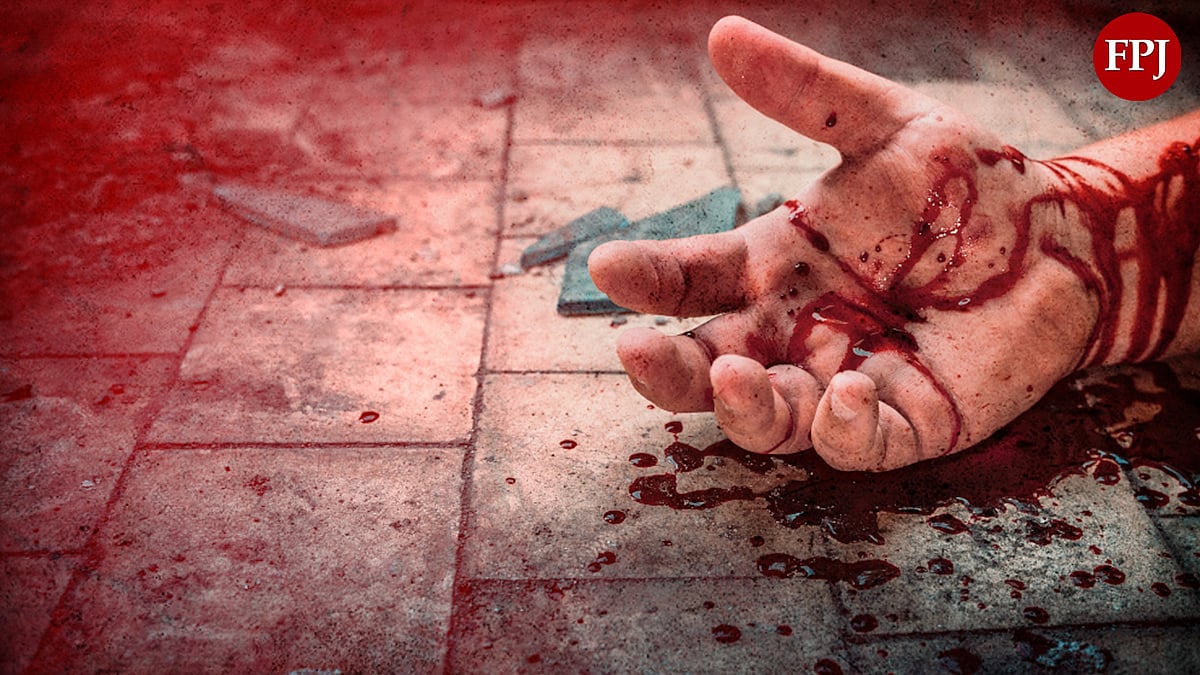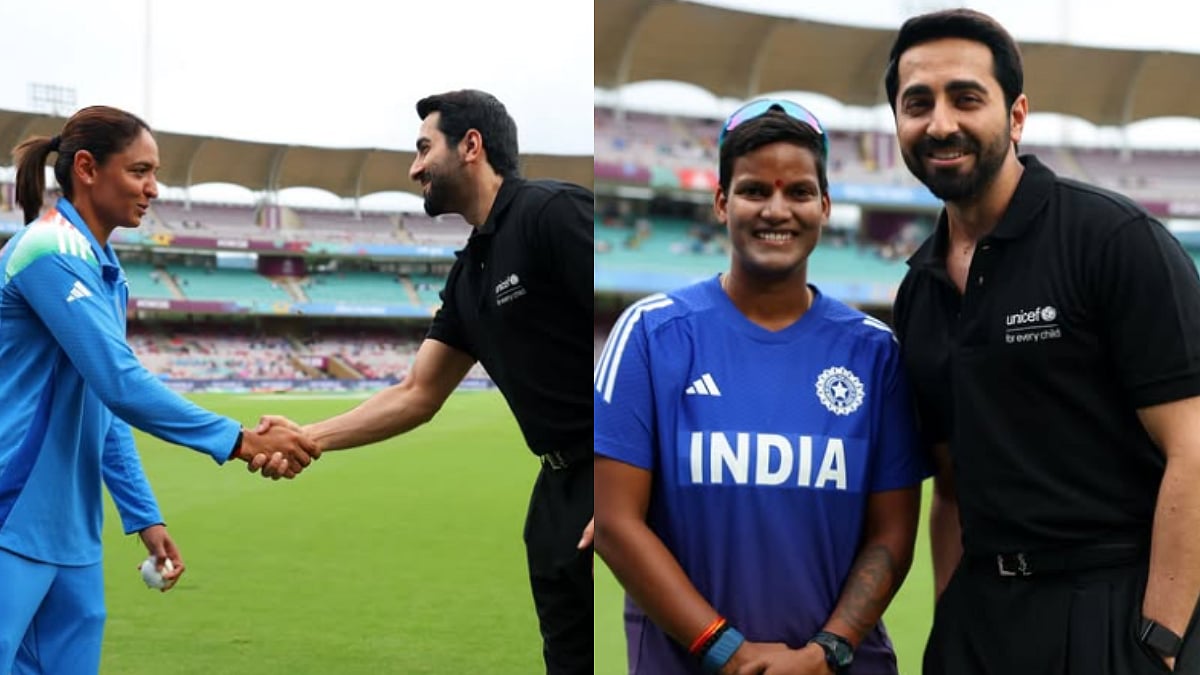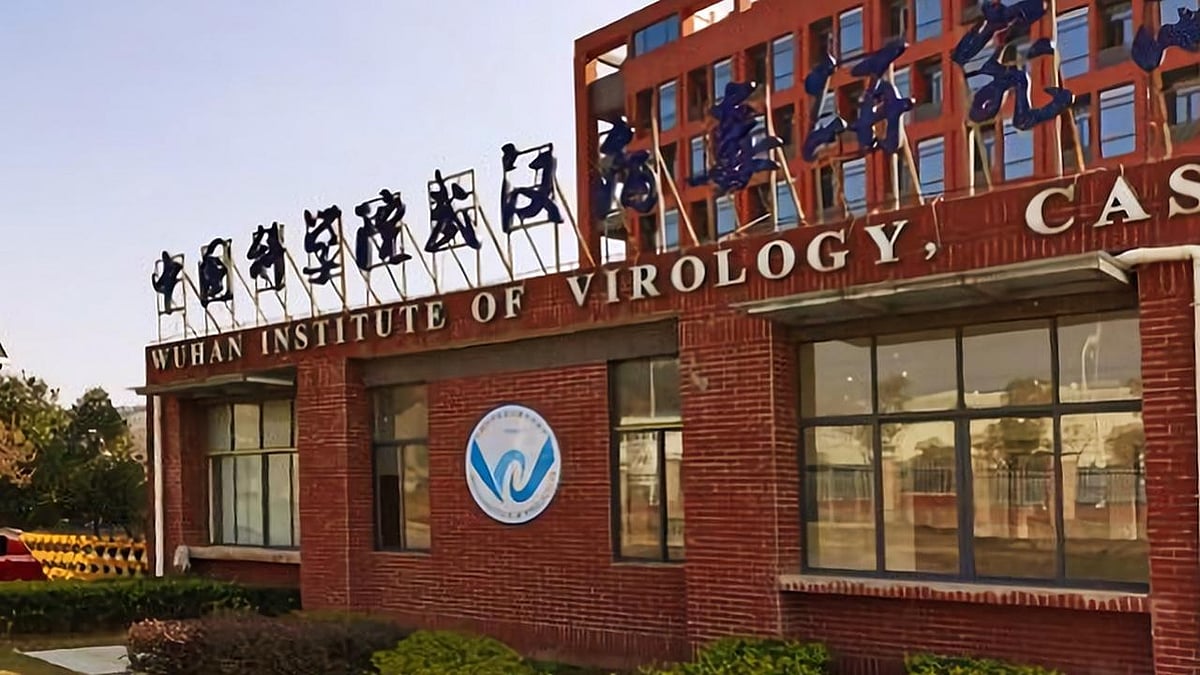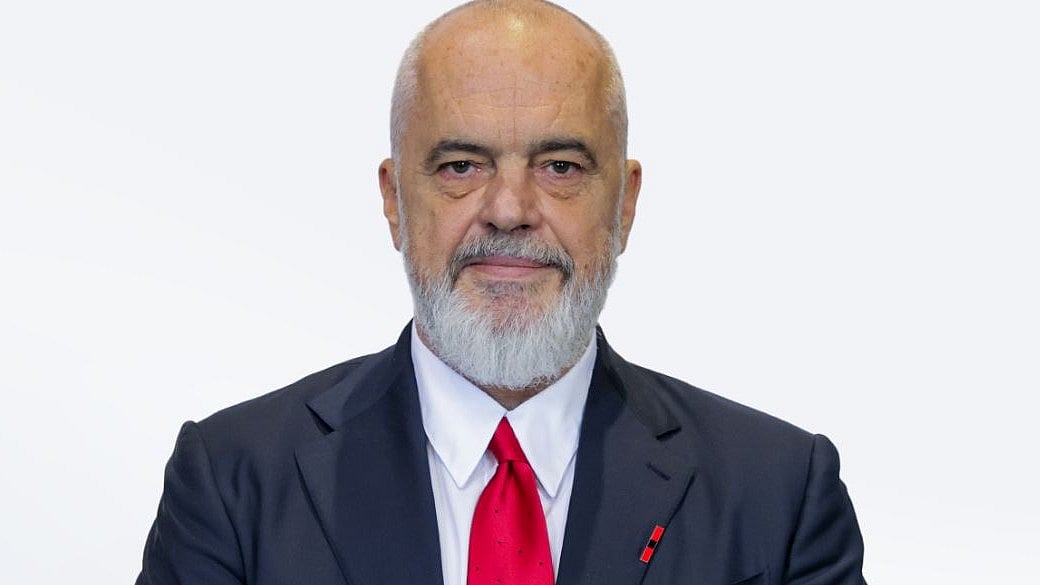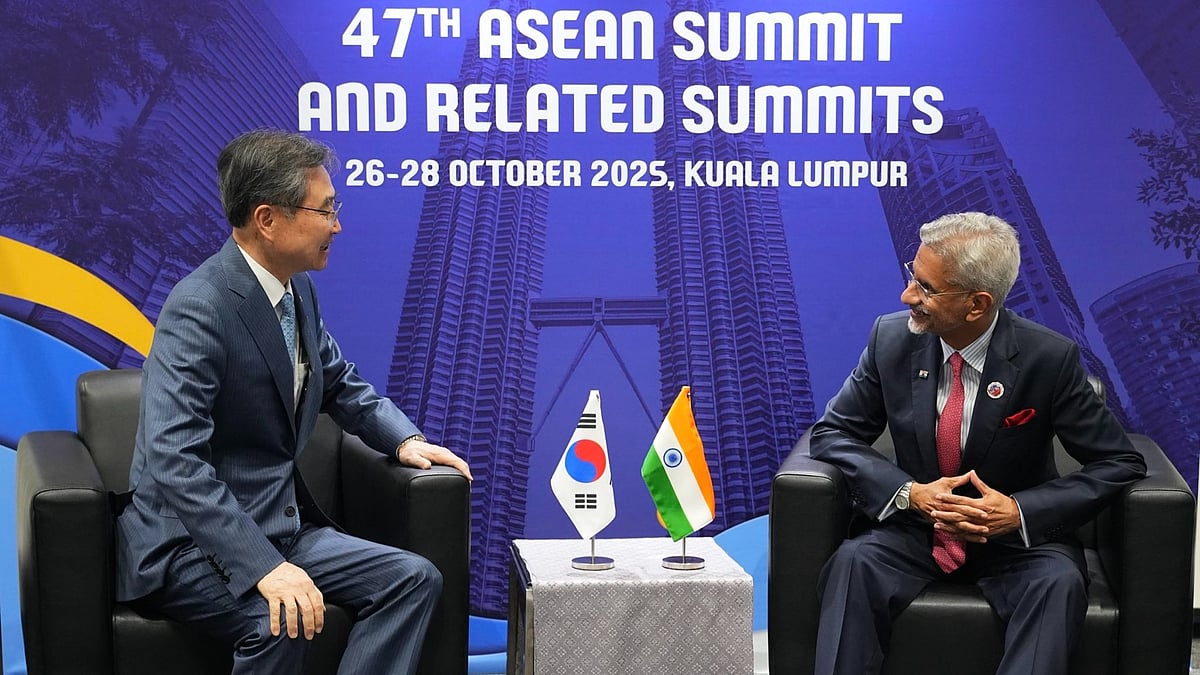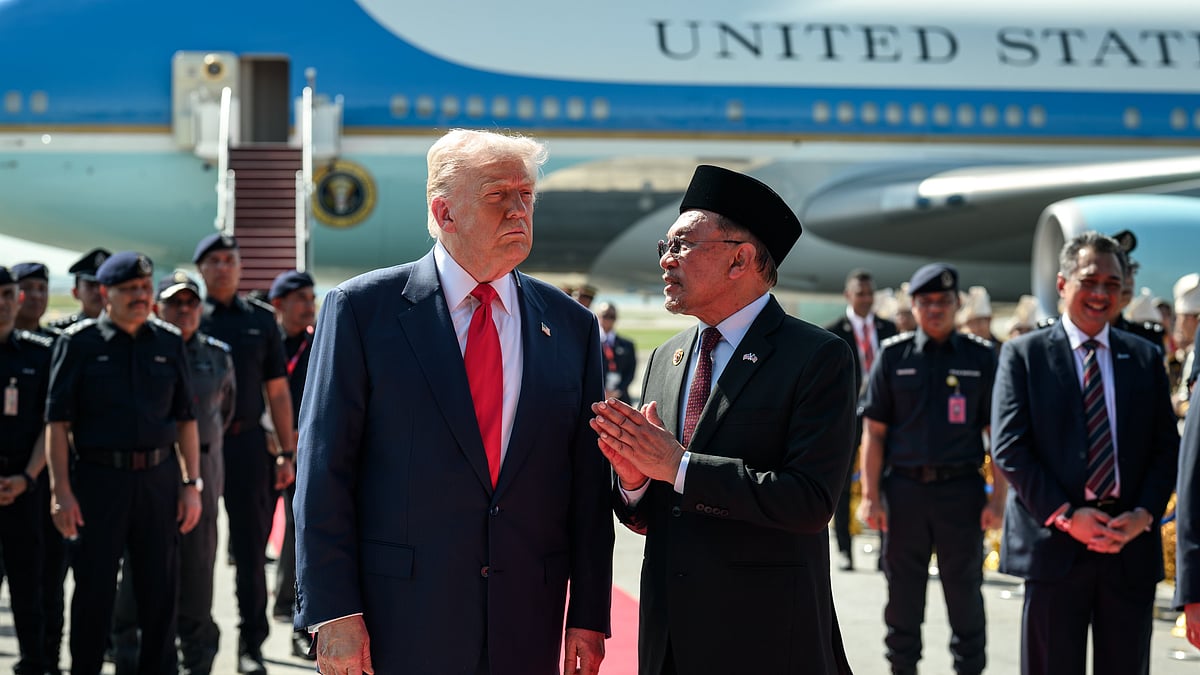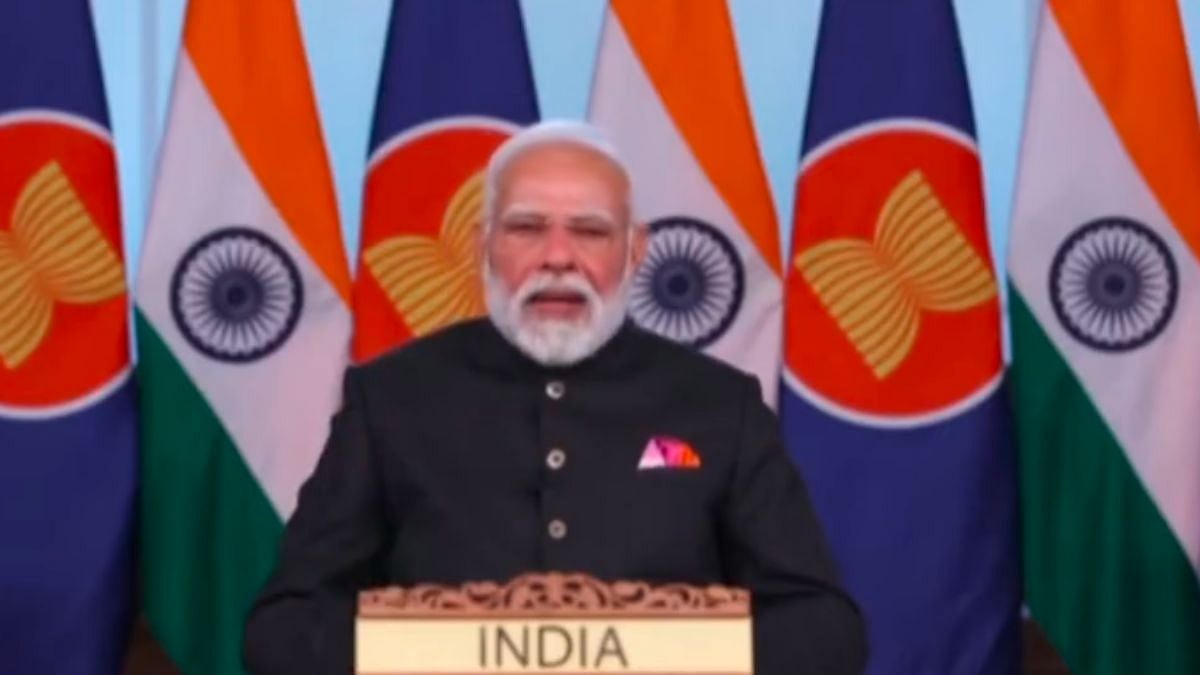Lalit K Jha
Washington:
Confident of the availability of Covid-19 vaccines in the country, the Biden Administration has removed Defense Production Act priority ratings on AstraZeneca, Novavax and Sanofi vaccines, a top US official said.
The move would let companies take their own decision on whom they want to sell their vaccines.
"We have secured enough vaccine supply for all Americans. This is a direct result of the president taking aggressive action, including through the use of the Defense Production Act, to mobilise the full force of US vaccine manufacturing and production," White House Covid-19 response coordinator Jeff Zients told reporters during a virtual news conference.
"Because of those actions and the success of US vaccine manufacturers, we are confident in our supply of our authorised vaccines. As a result, we're removing the DPA priority ratings for AstraZeneca, Novavax, and Sanofi.
While the manufacturers will continue to make these three vaccines, this action will allow US-based companies that supply these vaccine manufacturers to make their own decisions on which orders to fulfill first," Zients said.
The official said President Biden has committed that the US will be an arsenal for vaccines. America's work on vaccine supply is guided by a three part approach, he added.
"First, having successfully secured enough supply of vaccine for Americans, we are donating surplus US vaccine supply and encouraging other countries with surplus supplies to do the same. In March, the US shared over four million doses of our AstraZeneca vaccine supply with Canada and Mexico and the president has announced a US commitment to sharing a total of 80 million doses by the end of June," he said.
"This is five times the number of doses any other country has committed to sharing and these 80 million doses represent 13 per cent of the total vaccines produced by the United States by the end of this month. We will continue to donate additional doses across the summer months as supply becomes available," he added.
"But at the same time, we know that won't to be sufficient, so the second part of our approach is working with US vaccine manufacturers to vastly increase vaccine supply for the rest of the world in a way that also creates jobs here at home," he said.
The third part of the approach will have US work with its partner nations, pharmaceutical companies and other manufacturers to facilitate the kind of global vaccine manufacturing and production capacity and capabilities that cannot only help the world beat this pandemic but also prepares the world to respond to potential future threats, he said.
"Today, we're outlining our framework for sharing with the world the first 25 million doses. To be clear, our approach is to ensure vaccines are delivered in a way that is equitable and follows the latest science and public health data," he added.
Geneva: The World Health Organisation's top vaccines expert says that immunising children against the coronavirus "is not a high priority" given the extremely limited global supply of vaccines.
Dr Kate O'Brien says vaccinating children "is not a priority from a WHO perspective", even as increasing numbers of rich countries authorise their COVID-19 shots for teenagers and children.
O'Brien says since children are not typically at risk of getting severely ill or dying from COVID-19, vaccinating them during the pandemic is mostly aimed at stopping transmission, rather than protecting them from disease.
Canada, the US and the European Union have all recently approved some COVID-19 vaccines for children age 12 to 15 as they approach their vaccination targets for adults.
WHO director-general Tedros Adhanom Ghebreyesus has previously urged rich countries to donate their COVID-19 shots to poor countries rather than immunise their adolescents and children. Fewer than 1% of COVID-19 vaccines administered globally have been used in poor countries.
O'Brien says it's not necessary to vaccinate children before sending them back to school if the adults in contact with them were immunised.
Washington [US]: Since March, over 400 US colleges and universities have announced students get Covid-19 vaccinations, ahead of the Autumn semester but those who have been inoculated with India's indigenous Covaxin or the Russian-made Sputnik V are being asked to re-vaccinate as these vaccines have not yet been approved by the World Health Organization (WHO).
Rukmini Callimachi reports in the The New York Times that Milloni Doshi, a 25-year-old student from India, who is due to start her master's degree this fall at Columbia University's School of International and Public Affairs, has been administered two doses of Covaxin. Now, Columbia has told her that she will need to be revaccinated with a different vaccine once she arrives on campus.
"I am just concerned about taking two different vaccines. They said the application process would be the toughest part of the cycle, but it's really been all of this that has been uncertain and anxiety-inducing," Doshi wrote via a messaging app.
Campuses are proposing different measures, out of which the more complicated scenario is if students received a vaccine that has not been approved by the WHO, like Sputnik or Covaxin. Many colleges are proposing that those students will need to be revaccinated, which presents both medical and logistical conundrums.
This is primarily because no data exists on whether combing vaccines from different companies is safe. "Since Covid-19 vaccines are not interchangeable, the safety and effectiveness of receiving two different Covid-19 vaccines have not been studied," said Kristen Nordlund, spokesperson for the Centers for Disease Control and Prevention (CDC).
Nordlund also advised that people vaccinated outside the US with a vaccine not authorised by WHO should wait for a minimum of 28 days before taking the first dose of one of the Food and Drug Administration (FDA)-sanctioned vaccines.
American students have access to the Pfizer, Moderna and Johnson & Johnson vaccines, three of the eight doses authorised by the global health body. This disparity could hinder colleges that have made it a major priority to retain international students, who brought in close to USD 39 billion in tuition dollars in the year before the pandemic, according to an analysis.
"Universities want to enroll international students because they add diversity to the campus community -- and they bring money... It's why this has been a subject of intense discussion," said Terry W Hartle, senior vice president at the American Council on Education.
According to The New York Times, the situation is particularly challenging for students from India, which sends around 200,000 international students to American colleges every year. It is becoming increasingly hard to secure an appointment for a vaccine that will be accepted by American campuses.
"Every day, we get 10 to 15 messages and inquiries, saying 'What does this mean? How does this impact me?'" said Sudhanshu Kaushik, who runs the North American Association of Indian Students, which is working to help fellow students.
Indiana University's vice president for international affairs, Hannah Buxbaum, said that the administrators of the institution are working overtime to answer the roughly 200 phone calls and 300 emails that are pouring in every day from the university's roughly 6,000 students overseas.
"Ringing off the hook doesn't begin to describe. There is no question that there is anxiety and concern among our international students," she said.
Many universities are only accepting the students who have been vaccinated with a WHO-approved COVID-19 vaccine. At Columbia, where one-third of the student body is from overseas, international students will be asked to present either their WHO booklet or a letter from a physician confirming they have received the requisite doses of one of the vaccines vetted by the world body, said Donna Lynne, the chief operating officer of the university's medical centre.
Callimachi writes for The New York Times that those who will not succeed in securing a vaccine before the start of the fall semester are facing a potentially problematic process.
Many universities were vague on how they plan to deal with the logistical complexity of spacing out these unrelated vaccines, beyond saying that they planned to accommodate students undergoing this process, reports The New York Times.
At least six regional governments in India have announced emergency clinics in the past week to vaccine students going to US universities, in wake of mounting pressure from confused and anxious students, wrote Callimachi.
However, Hyderabad-based Bharat Biotech on Thursday said that biopharmaceutical company Ocugen Inc will have exclusive co-development, manufacturing, and commercialisation rights of its COVID-19 vaccine Covaxin in Canada, in addition to its existing United States rights.
Washington: The World Bank Group and the International Monetary Fund (IMF) have called on countries anticipating excess Covid-19 vaccine supplies in the coming months to release their surplus doses as soon as possible to developing nations.
"The coronavirus pandemic will not end until everyone has access to vaccines, including people in developing countries," World Bank Group President David Malpass and IMF Managing Director Kristalina Georgieva said in a joint statement to the G7 industrialised countries on Thursday.
"Worldwide access to vaccines offers the best hope for stopping the coronavirus pandemic, saving lives, and securing a broad-based economic recovery," Xinhua news agency quoted quosted the statement as saying.
They noted that together with the World Health Organization (WHO) and World Trade Organization (WTO), the World Bank Group and IMF have urged international support for $50 billion of financing aimed at achieving more equitable access to vaccines and thus helping to end the pandemic everywhere.
"We are urging developing countries to move quickly to put in place vaccine procurement and distribution plans and communication efforts to convey the life-saving importance of approved Covid-19 vaccinations," the two heads continued.
They also urged vaccine manufacturers to prioritise the scale up of vaccine production, providing increased access for developing countries, adding that their multilateral organisations will work actively to encourage and support greater access.
"Distributing vaccines more widely is both an urgent economic necessity, and a moral imperative."
According to IMF estimates, a faster vaccination rollout could inject the equivalent of $9 trillion into the global economy by 2025, due to a faster resumption of economic activity.
Lalit K Jha
Washington: America's top infectious disease specialist Dr Anthony Fauci on Thursday said his country is eager to involve Indian investigators in global clinical trials to evaluate the safety and efficacy of COVID-19 therapeutics.
The National Institute of Allergy and Infectious Diseases has a long history of collaboration with its counterpart agencies in India, Dr Fauci said during a conversation organised by the US-India Strategic and Partnership Forum.
"Under the long-standing Indo-US vaccine action programme, we will continue to work with India on research related to SARS-CoV-2 (Severe Acute Respiratory Syndrome Coronavirus 2) vaccines. We also are eager to involve Indian investigators in sites in global clinical trials to evaluate the safety and efficacy of various COVID-19 therapeutics," he said.
The partnerships between the NIH and India's Department of Biotechnology as well as what the Indian Council of Medical Research have helped produce important scientific and public health discoveries in the past.
"I am confident they will continue to do so in the future. India's contributions to global scientific knowledge are well known to all. With strong governmental support and a vibrant biopharma private sector, this knowledge already is yielding solutions to COVID-19 prevention and care," Dr Fauci said.
India's Ambassador to the US Taranjit Singh Sandhu said as India ramps up vaccine production to cater to its needs and those of the world, it relies on the support of the United States in ensuring raw materials and component items are available in good supply.
"Vaccinating the world is our best bet against another wave of the pandemic, and the ideal way to speed economic recovery," he said.
Observing that India-US health collaboration is not new, he said under the longstanding Vaccine Action Programme between both nations, they developed a vaccine against rotavirus, which causes severe diarrhea in children.
Indian companies have also manufactured, highly cost-effective HIV drugs for use in African countries, building on cooperation between US organisations and the private sector, he said.
"Looking ahead, we need to invest in preparing for the future. Future global resilience will depend on how well prepared we are in dealing with future pandemics. We need to work to further expand our bilateral programmes in areas such as epidemiology, digital health and patients' safety to tackle communicable, and non-communicable diseases and improve infectious disease modelling, prediction and forecasting.
Similarly, the sharing of clinical expertise, standards, and experiences of hospitals, in the management of infectious diseases, especially COVID-19, would add to the knowledge base," Sandhu said.
"I think it's important to understand when the US went through a crisis last year, it was India which kept up to support the US from critical medicine. And India is going through his own challenges us stepped up. So, it is a reciprocal partnership," USISPF president Mukesh Aghi said.
Sandhu said last year, as the pandemic hit, India ensured the integrity of health supply chains, providing essential medicines to the US.
"This year, when the US supported India during the second wave, President Biden recalled India's help. Companies such as Gilead and Merck present here today have been critical in supplying essential medicines to India which has helped us fight the pandemic and saved innumerable lives," he said.
